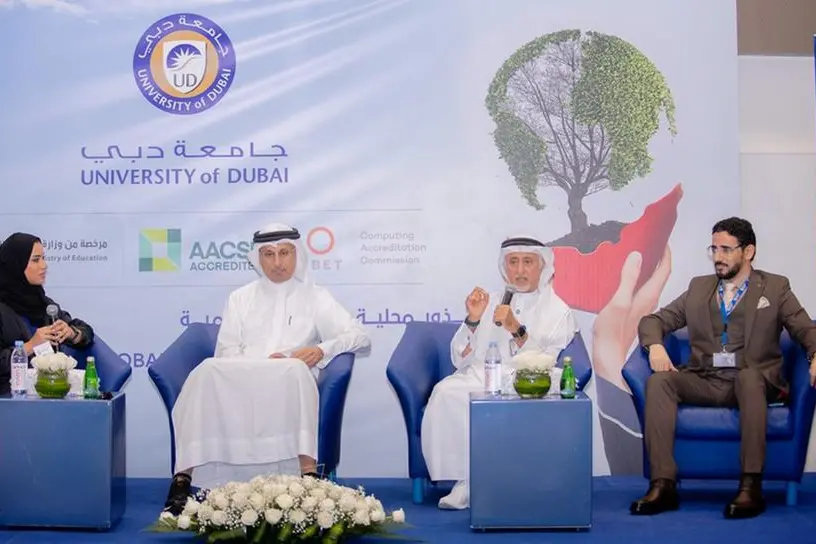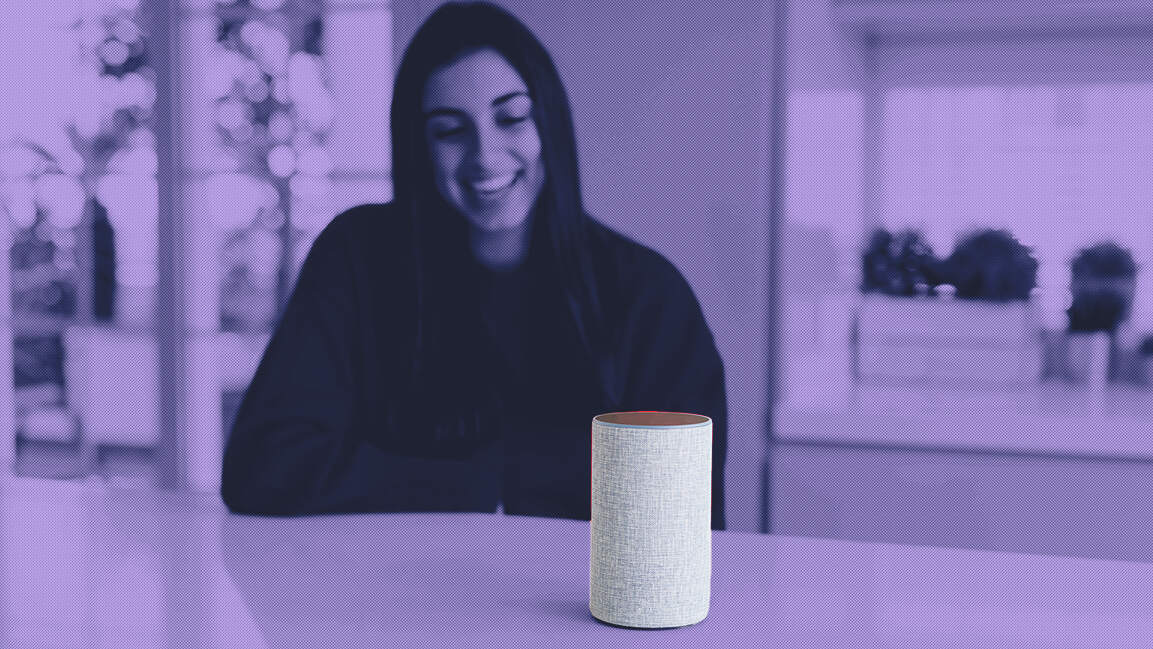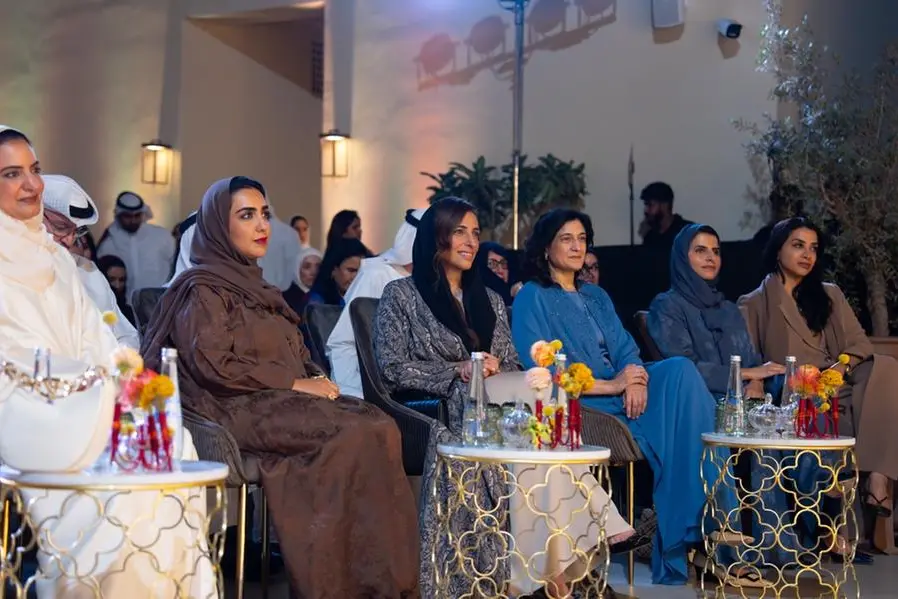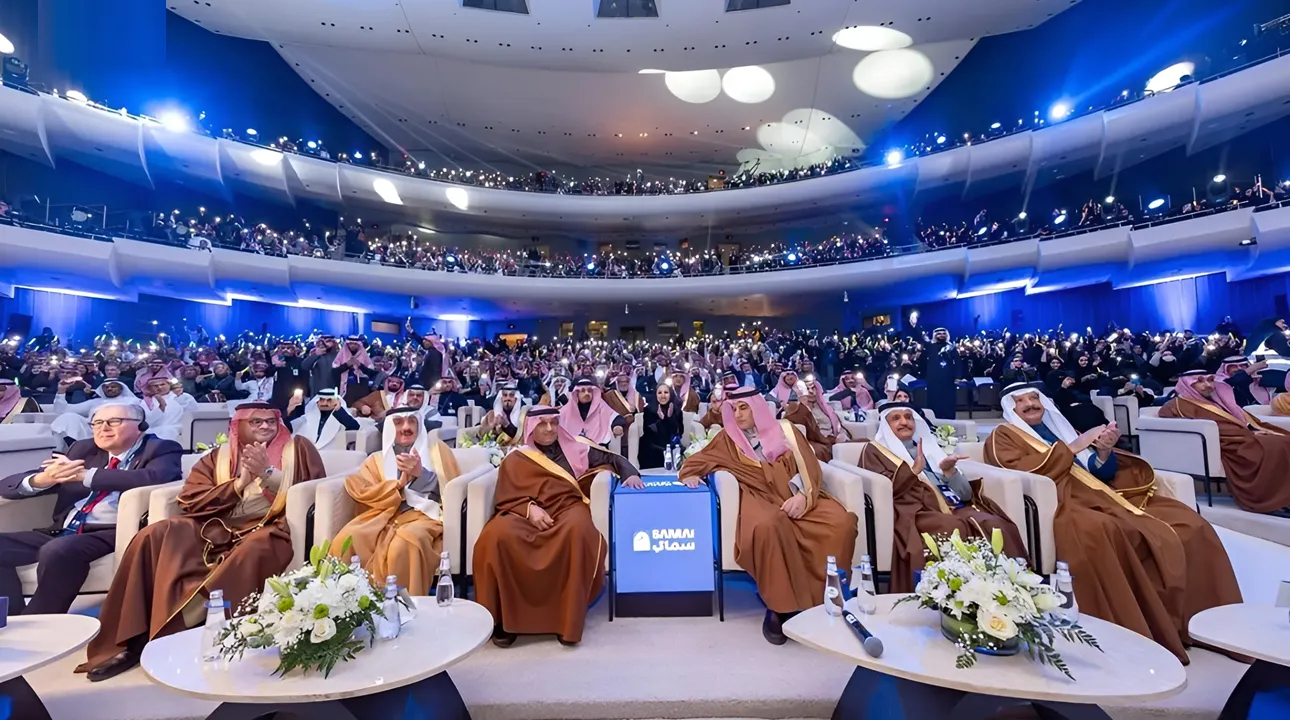A new study commissioned by Amazon Alexa reveals that voice assistant technology is rapidly becoming a part of daily life across Saudi Arabia and the UAE. The research highlights a significant cultural integration, with 85% of residents in both nations having used a voice assistant and 43% engaging with the technology on a regular basis. This swift adoption underscores a growing trend where voice technology is moving beyond simple convenience to become an essential tool for communication, education, and household management in the region.
Government AI Initiatives Fuel Adoption
The study connects the rapid uptake of voice technology directly to strong government support for artificial intelligence. A remarkable 74% of respondents reported being aware of their country’s National AI Strategy. This high level of awareness indicates that national innovation agendas are successfully influencing how citizens perceive and interact with emerging technologies, creating a fertile ground for AI-driven products like voice assistants to thrive.
The Power of Localized Language
Language has emerged as a crucial driver for adoption. The research found that 65% of users prefer Arabic as their primary language for voice interactions, with the Khaleeji dialect being the most popular. Highlighting the need for cultural authenticity, 56% of participants stated it is important for voice assistants to understand regional accents and local expressions. This desire for technology that communicates naturally reflects a deeper need for cultural resonance.
“Seeing that the findings show how quickly voice technology is becoming a part of everyday life in Saudi Arabia and the UAE is a testament to the hard work of our local teams,” said Dr. Raf Fatani, Regional General Manager for Alexa MENA. “It reinforces our belief that by focusing on things like authentic Arabic dialects and cultural context, we’re building a product that truly belongs in people’s homes.”
Bridging Generational and Cultural Gaps
The findings also show that Arabic-language voice assistants are helping to connect different generations. Half of all respondents believe the technology helps younger family members maintain or improve their Arabic language skills. Simultaneously, 48% noted that voice assistants encourage older relatives to adopt technology with greater confidence, effectively serving as a user-friendly gateway to the digital world.
Evolving Use Cases Beyond Convenience
While seeking information remains the most common use case at 42%, user demand is expanding into more integrated, Arabic-first experiences. There is a rising interest in educational content (39%), integration with local services (33%), smart-home controls, and even religious support. This shift indicates that voice assistants are evolving from a novelty into an integral component of modern life in the Gulf, deeply embedded in the daily routines of households.
About Amazon Alexa
Amazon Alexa, commonly known as Alexa, is a cloud-based voice service and virtual assistant AI developed by Amazon. It is capable of voice interaction, music playback, making to-do lists, setting alarms, streaming podcasts, and providing real-time information. Alexa can also control a wide range of smart devices, functioning as a central hub for home automation systems.
Source: Fast Company Middle East














